[Article]: How to Maintain and Extend the Life of Your Weighing Equipment
Proper maintenance increases the accuracy, performance, and longevity of your weighing systems. Whether you're using bench scales, floor scales, load cells, or weighbridges, following routine care and inspection procedures is essential to protect your investment and ensure continued compliance with industry standards.
Daily Care Tips
- Clean surfaces regularly: Use a soft cloth or brush to remove dust and debris. For food or pharmaceutical environments, use approved non-corrosive cleaning agents.
- Avoid overloading beyond capacity: Repeated overload can permanently damage load cells and affect calibration accuracy.
- Protect against moisture and dust: Use protective covers or enclosures in harsh environments, especially where IP-rated protection is required.
- Level the scale correctly: Uneven surfaces can lead to inaccurate readings. Check the leveling bubble regularly.
Scheduled Maintenance
- Inspect cables, connectors, and indicators monthly: Look for wear, corrosion, or loose connections that may cause signal issues or intermittent failures.
- Check calibration and balance load cells annually: Perform calibration with certified test weights and document results for audit and compliance purposes.
- Verify display accuracy and zero tracking: Ensure the scale returns to zero after each use and doesn't drift over time.
- Lubricate moving parts if applicable: For mechanical or hybrid scales, follow the manufacturer's lubrication schedule.
Common Mistakes to Avoid
- Using harsh chemicals for cleaning: These can corrode sensitive components or interfere with electronics. Always follow manufacturer guidelines.
- Ignoring signs of signal drift: Fluctuating readings can indicate load cell fatigue or electronic issues. Address them immediately to avoid inaccurate weighing.
- Letting unauthorized personnel adjust calibration: Only qualified technicians should perform adjustments to maintain certification and traceability.
- Skipping routine maintenance: Even high-end equipment fails without preventive care. Stick to a regular maintenance schedule.
Conclusion
A well-maintained scale is a reliable and compliant scale. Implementing a structured preventive maintenance plan not only extends equipment lifespan but also ensures consistent accuracy and minimizes operational downtime. Partnering with certified service providers for periodic inspections and calibrations can help you stay ahead of costly repairs and production delays.








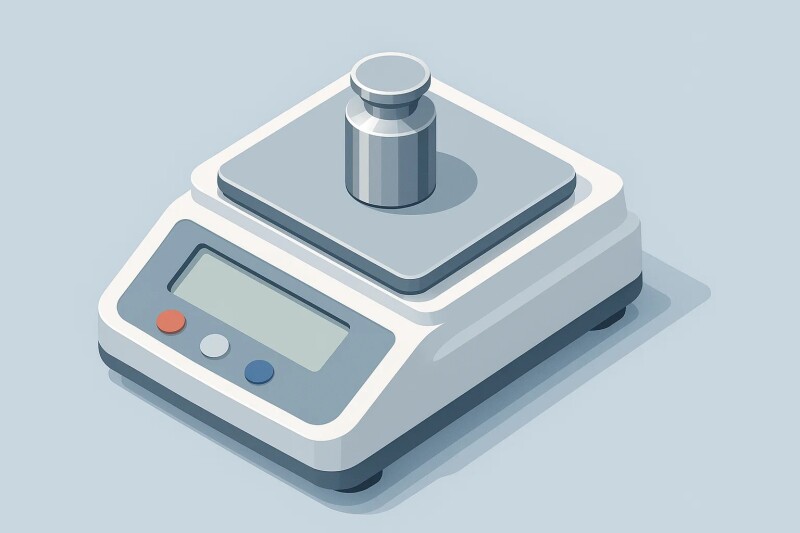







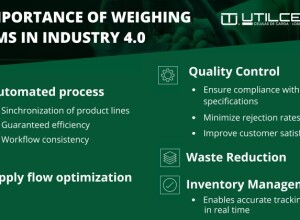
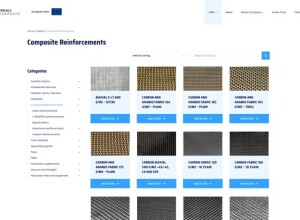
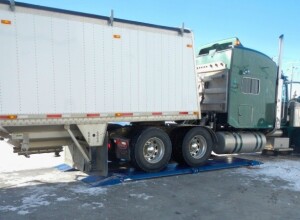
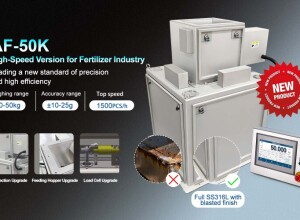
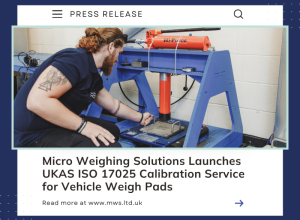






Interested? Submit your enquiry using the form below:
Only available for registered users. Sign In to your account or register here.